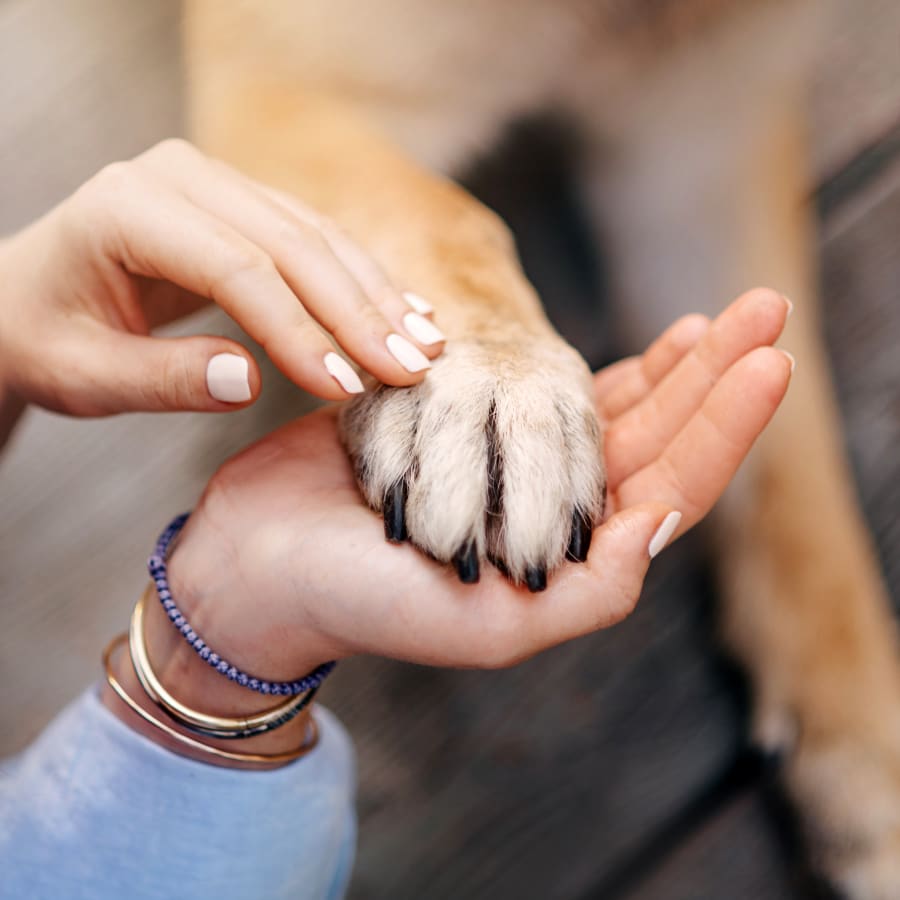In your pet's last days, you can rely on our team at Mountain View Veterinary Hospital to provide compassionate hospice and end-of-life care. We respect and comfort your dog or cat.
What is Hospice Care for Cats & Dogs?
As pet parents, one of the most difficult choices we must make is when to let our beloved companion go.
Whether your pet is in her golden years or has been diagnosed with a terminal illness, you may feel many emotions as you deal with this impending loss.
At Mountain View Veterinary Hospital, we do everything we can to ensure your pet's final days or weeks are calm, comfortable, and pain-free, including conducting a comprehensive quality-of-life exam, prescribing medication and food for pain management, and offering humane euthanasia.

Preparing for Hospice Care
We administer hospice care as a pet approaches the end of its life.
Here are some of the most frequently asked questions clients have had about hospice and end-of-life care.
End-of-Life Care FAQs
- What is pet hospice care?
- What are some signs my pet may be ready to pass?
- What is a quality of life scale?
- How can I help my pet feel healthy and comfortable at home at the end of their life?
- How can I prepare for euthanasia?
- What will happen during the euthanasia process?
- What happens after euthanasia?
Pet Loss & Grief Support
It's always difficult to say goodbye. Even if it's the kindest choice we can make for a pet, the process can still feel heartbreaking.
If you're unsure about what to do before the appointment, that's okay. Our vets can guide you through the process. You can also download our recommended euthanasia pre-planning form to help get you ready for your appointment.
Download Euthanasia Pre-Planning Form
If you feel like you could benefit from grief support after euthanasia, our vets can also help you through the process. You can also download our recommended grief support form to help you find ways to grieve your beloved pet that works for you.
You can also call the Pet Compassion Careline at 1-855-245-8214 for 24/7 support.
Quality of Life Scales
Quality of life scales can assess the success of a palliative care or hospice plan for a pet with a terminal illness. They can help you make educated decisions about your pet's medical condition, and your own desires and expectations. Please see the Lap of Love and/or Dog Caregiver Quality of Life Scales for more information.
Looking for a vet in Vancouver?
At Mountain View Veterinary Hospital, we provide comprehensive, compassionate veterinary care for Vancouver pets 6 days a week.
